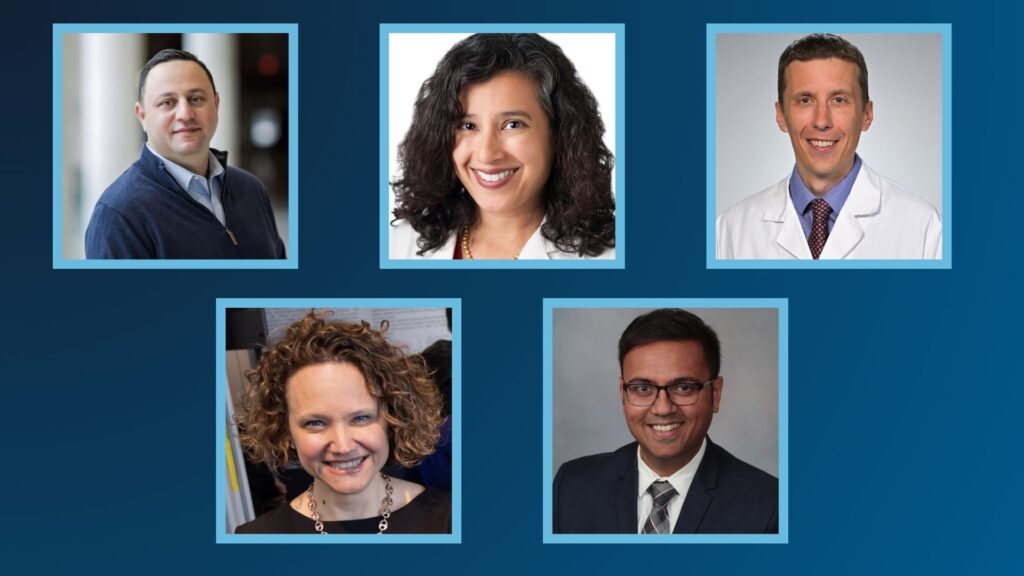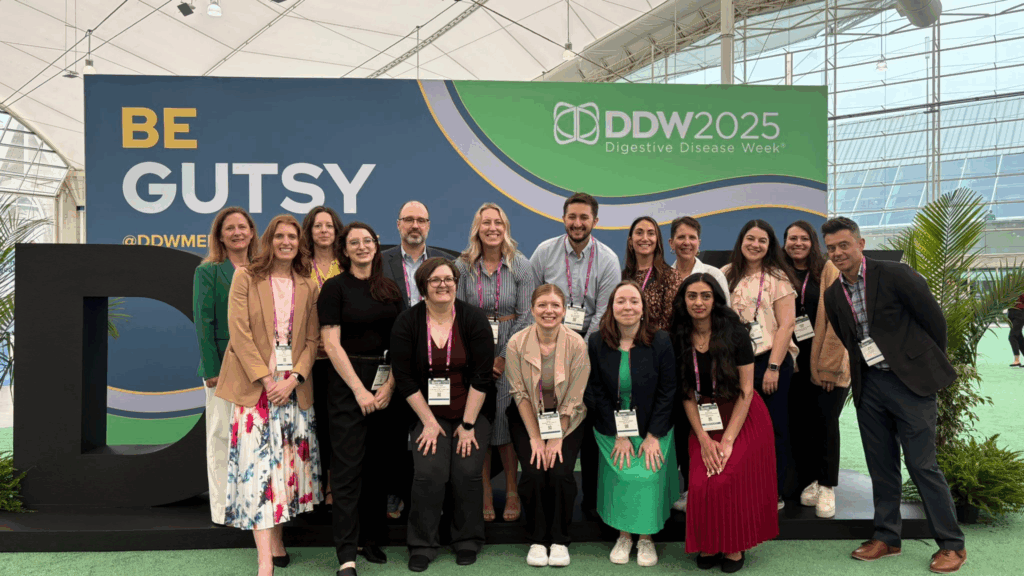AGA Leadership
AGA Leadership
Council & Sections
The AGA Institute maintains a council to address the diverse needs and specialties of its members. The AGA Institute Council is made up of elected representatives from the 13 special interest groups, or sections, within the AGA membership. The council is responsible for the AGA Institute’s education program at Digestive Disease Week® (DDW), developing educational resources and holding events in targeted areas of practice throughout the year.
Contact agacouncil@gastro.org with any questions.
Sections
- Basic & Clinical Intestinal Disorders (BCID)
- Cellular & Molecular Gastroenterology (CMG)
- Clinical Practice (CP)
- Endoscopy, Technology & Imaging (ETI)
- Esophageal, Gastric & Duodenal Disorders (EGD)
- Gastrointestinal Oncology (GIONC)
- Immunology, Microbiology & Inflammatory Bowel Diseases (IMIBD)
- Liver & Biliary (LB)
- Microbiome & Microbial Therapy (MMT)
- Neurogastroenterology & Motility (NGM)
- Obesity, Metabolism & Nutrition (OMN)
- Pancreatic Disorders (PAN)
- Pediatric Gastroenterology (PG)
Section updates
Read the latest updates from the AGA Institute Council’s 13 sections.
AGA Council's commitment to DEI
The AGA Institute Council is taking targeted steps to ensure diverse voices and opinions are represented in DDW programming. View a statement from the AGA Institute Council about the targeted steps being taken to ensure diverse voices and opinions are represented in DDW programming.
Meet the Council

COUNCIL CHAIR
Douglas J. Robertson, MD, MPH, AGAF
VA Medical Center, WRJ/Geisel School of Medicine
"For me, Digestive Disease Week® (DDW) is about connection. Connection to the newest developments in the fields of gastroenterology, hepatology and gastrointestinal endoscopy. It is also about connection to the best science that underpins developments in those fields. Finally, it is about connection to colleagues across the globe that work in the clinic, classroom, and laboratory to either prevent GI disease or improve the care of those afflicted with it. My goal, as AGA Institute Council Chair, is to support that process of meaningfully connecting each attendee to the meeting. Working with our outstanding AGA council members, we will create a scientific agenda that presents the best science in our field in an approachable way and within an environment that invigorates."












